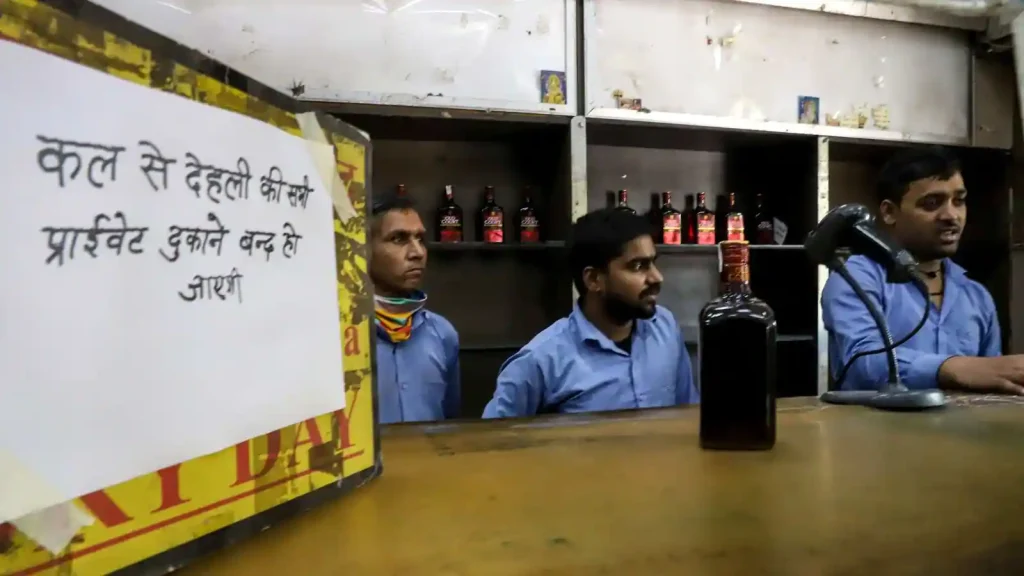According to officials, the Delhi excise department is prepared to reintroduce the previous excise regime from September 1. The department will also unveil ‘Aabkari,’ a user-friendly application for the first time, to make doing business easier and to provide information about liquor stores.

An official from the government stated, “This will be the first app of its sort for the Excise Department and is being introduced in September in line with the Center’s Digital India agenda. The Google Play Store is where users can download the application. Soon, the iOS version will also be accessible. Customers can find the closest liquor stores, the availability of alcohol, dry days, a list of retail vendors, and the schedule of those vendors through the app. Additionally, it will contain a bottle scanner function to verify the alcohol’s purity.
Officials stated that the department is prepared to reinstate the previous excise regime, and that the new rule will take effect on September 1. By the end of the first week, more than 500 shops—including premium vends in malls and shopping centers—will be operating, in addition to the more than 300 liquor vends that will open on the first day around the city.
250 liquor wholesalers from India and 250 from outside have applied. More than 50 of these have received approval. Over 300 brands and over 80 wholesalers/manufacturers have been given the go-ahead to sell alcoholic beverages, the official continued.
“The current 1% VAT, 1% retail fee, and import pass fee will be eliminated. Therefore, although the MRP of alcohol may decrease slightly, it won’t rise. As we have not permitted any supplier to raise the price of quarts, the pricing will be around the same. The official predicted that there will be an increase in brand registrations.
“Assuming that the average daily consumption of alcohol is 12–13 lakh bottles, we have enough supplies to last the first seven days… Stocks will keep coming after that. The official promised that under the former excise system, Delhi wouldn’t run out of water. Before the old regulation was implemented and stores opened, the revenue department had already raked in Rs 135 crore, according to officials.











